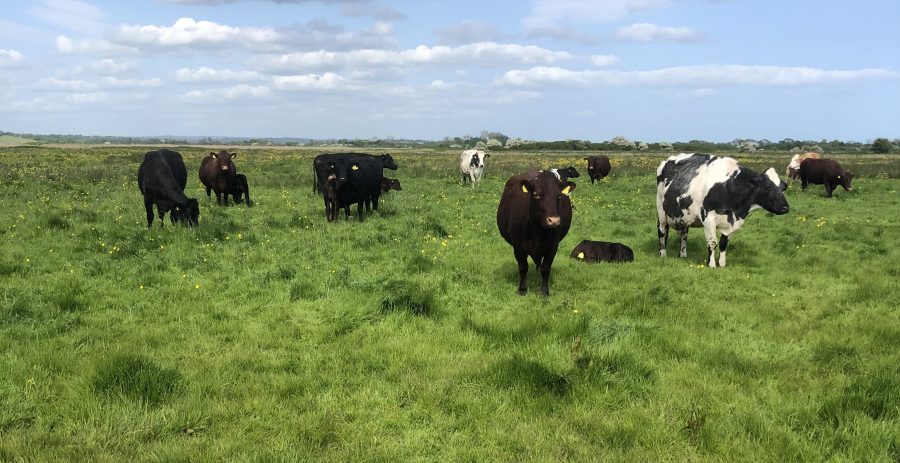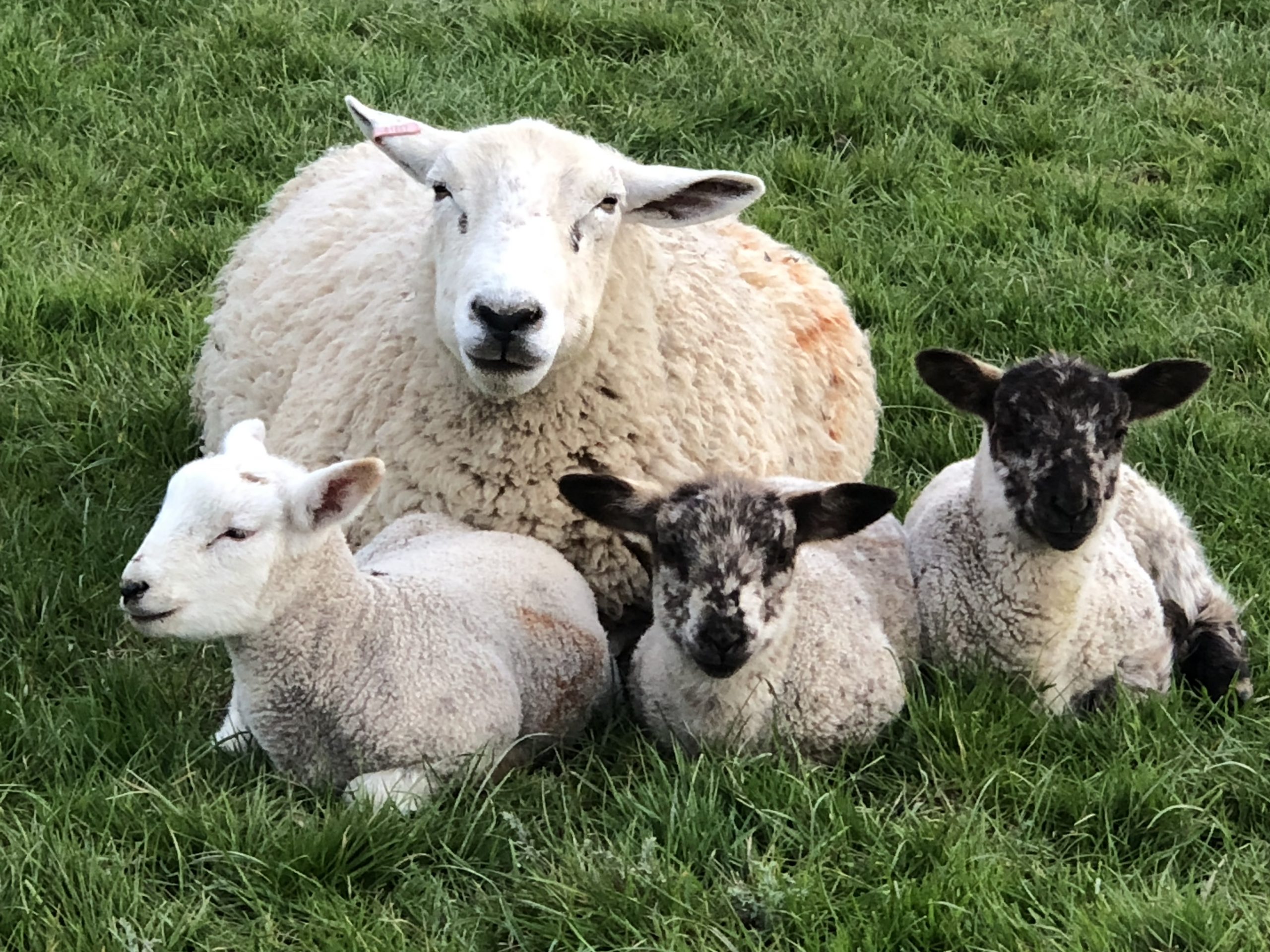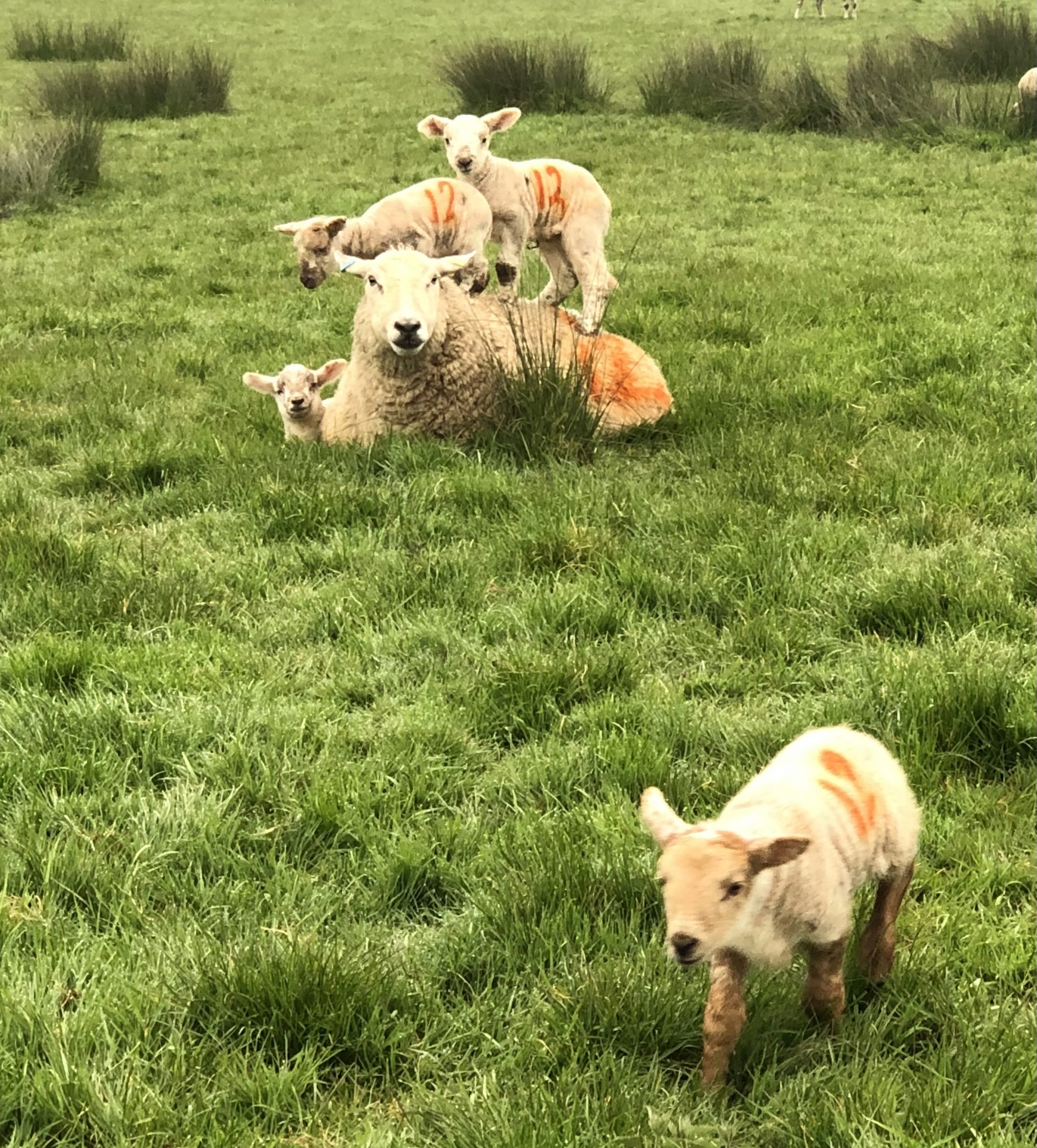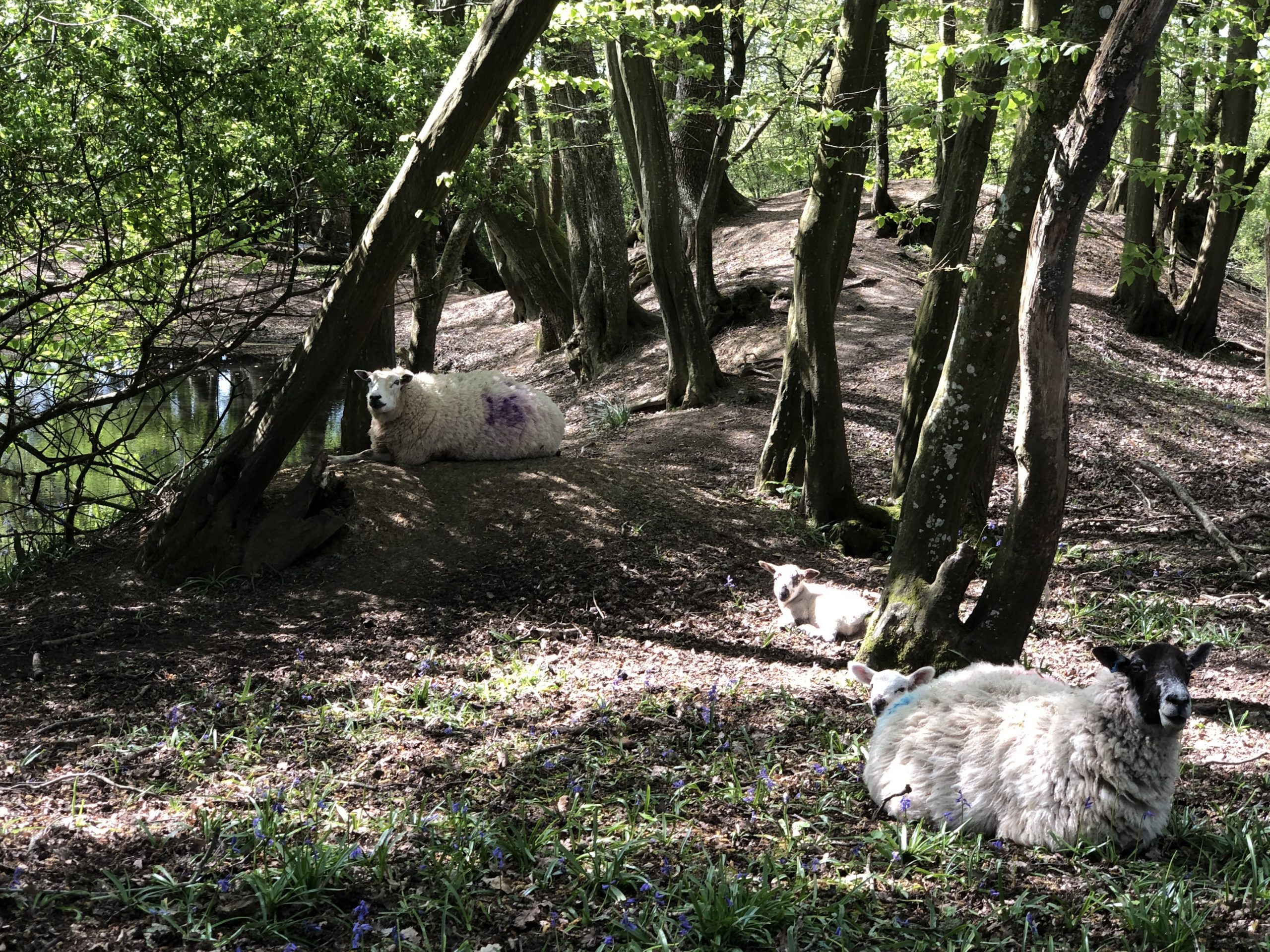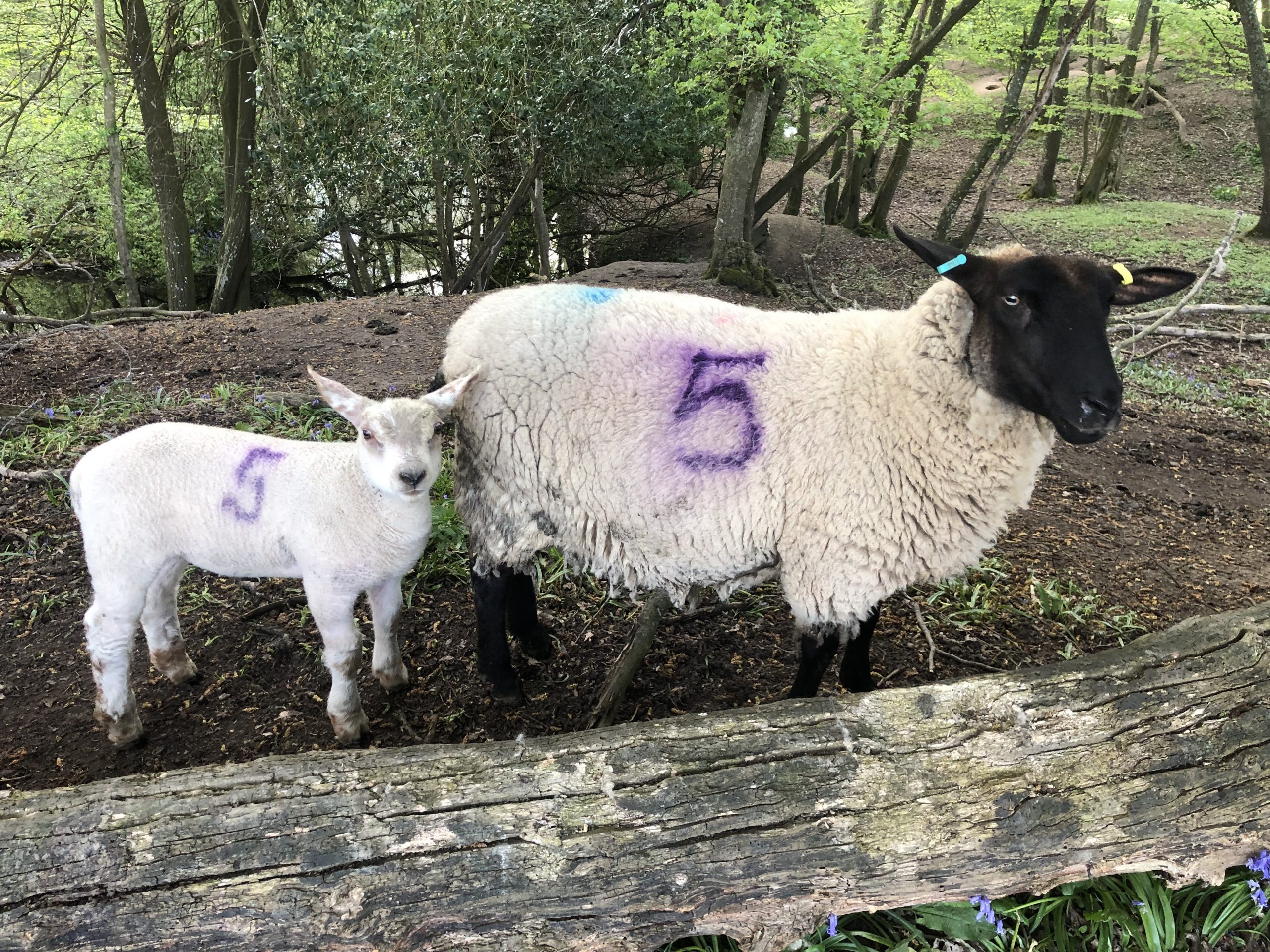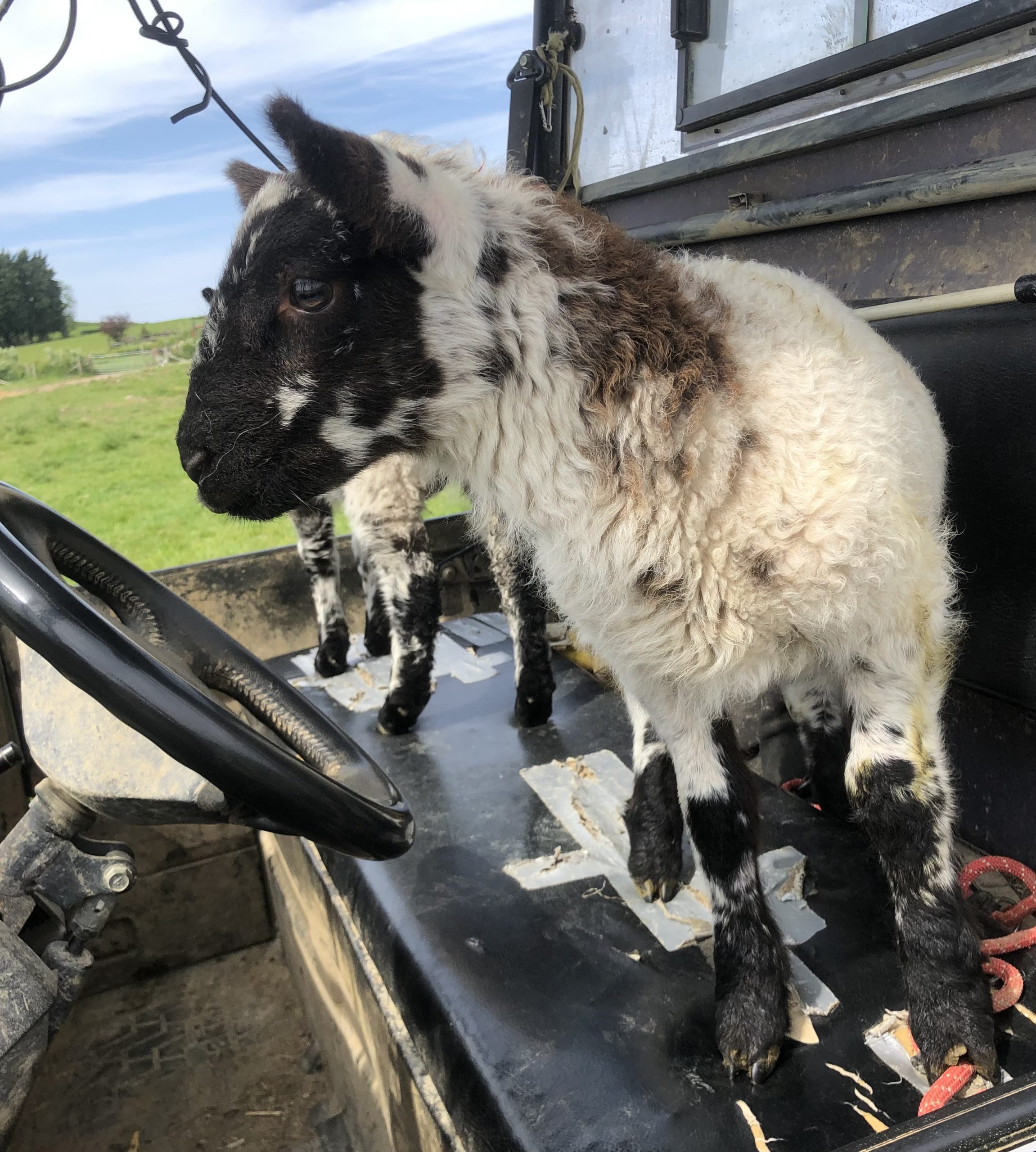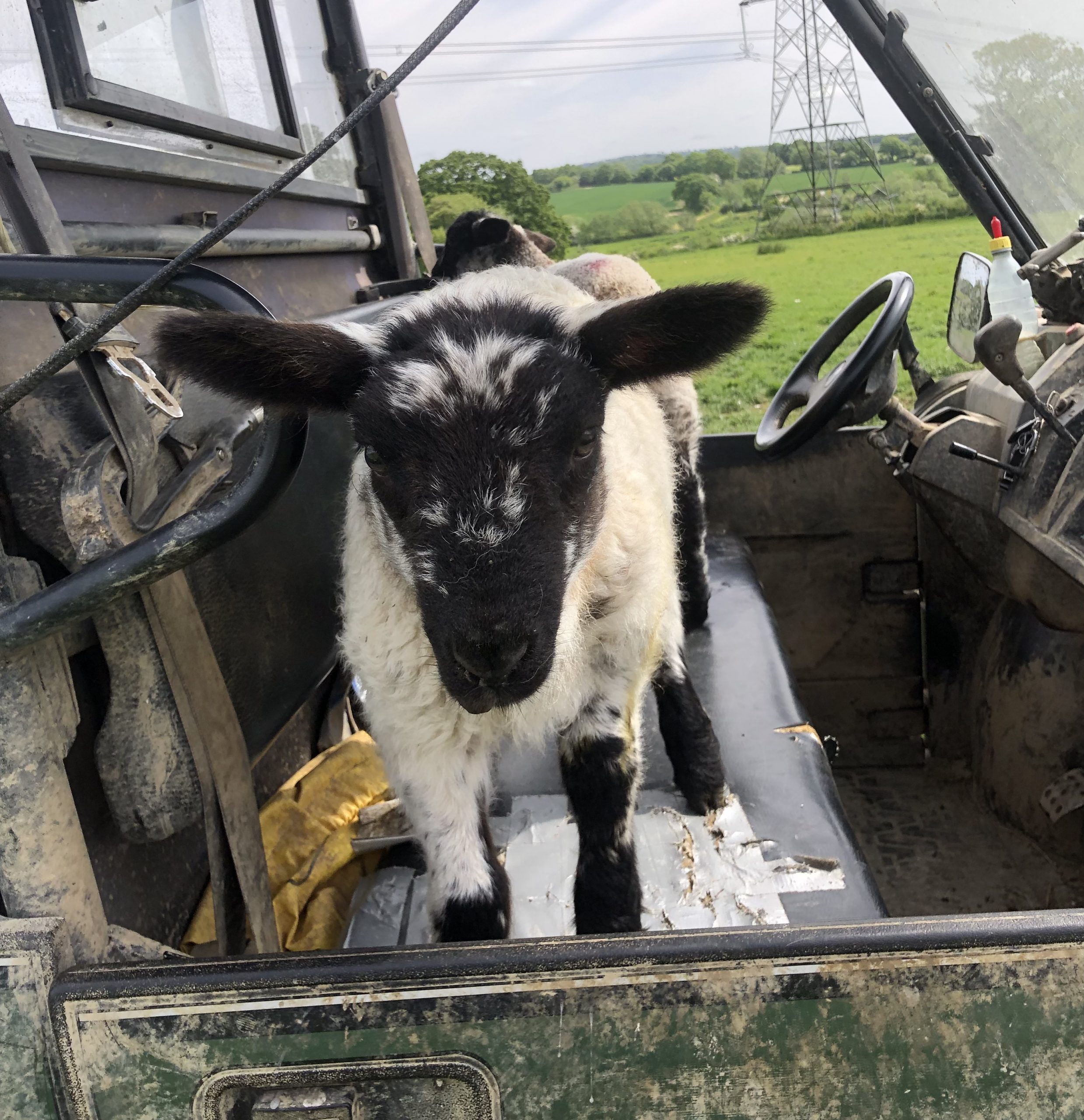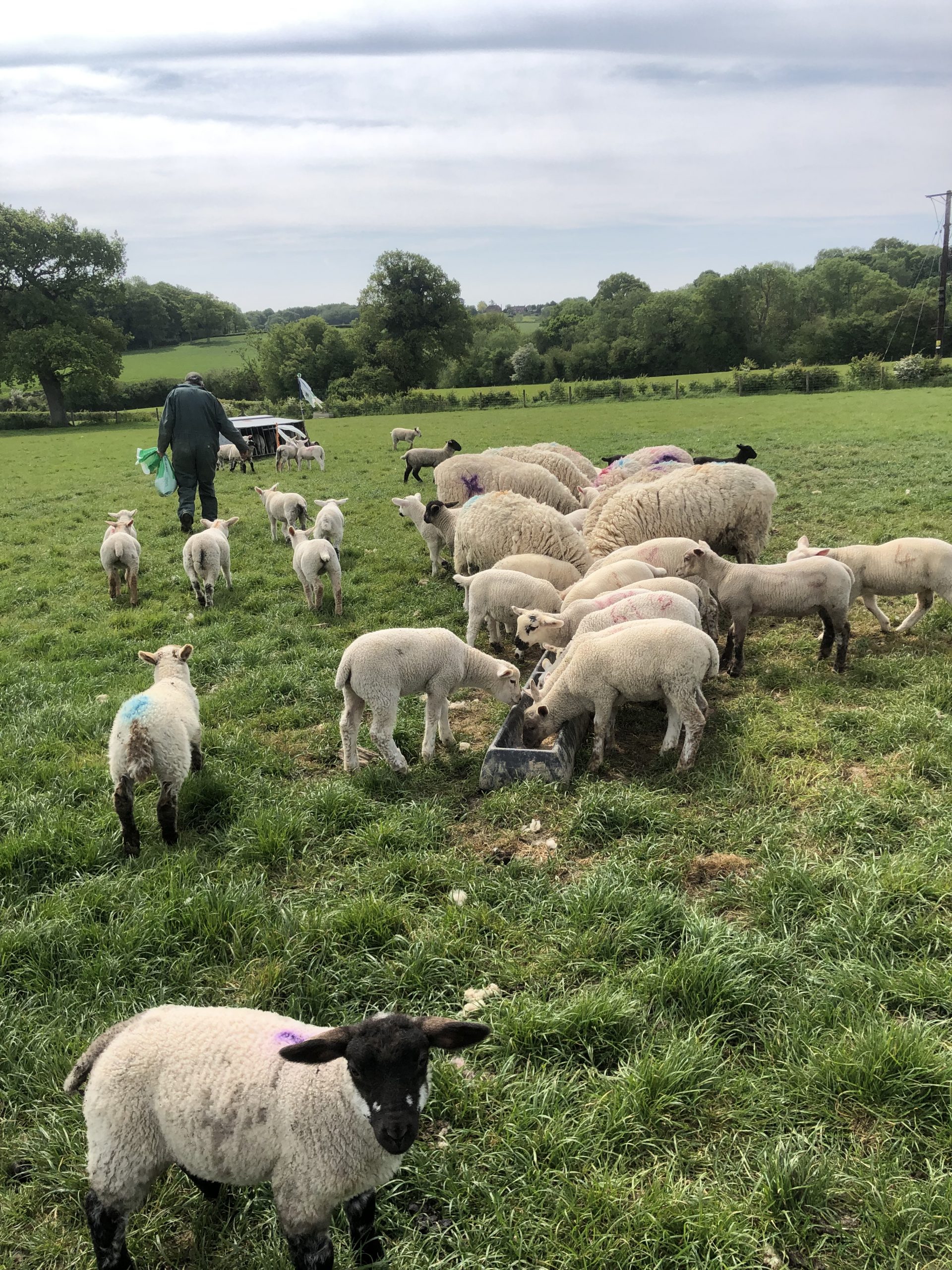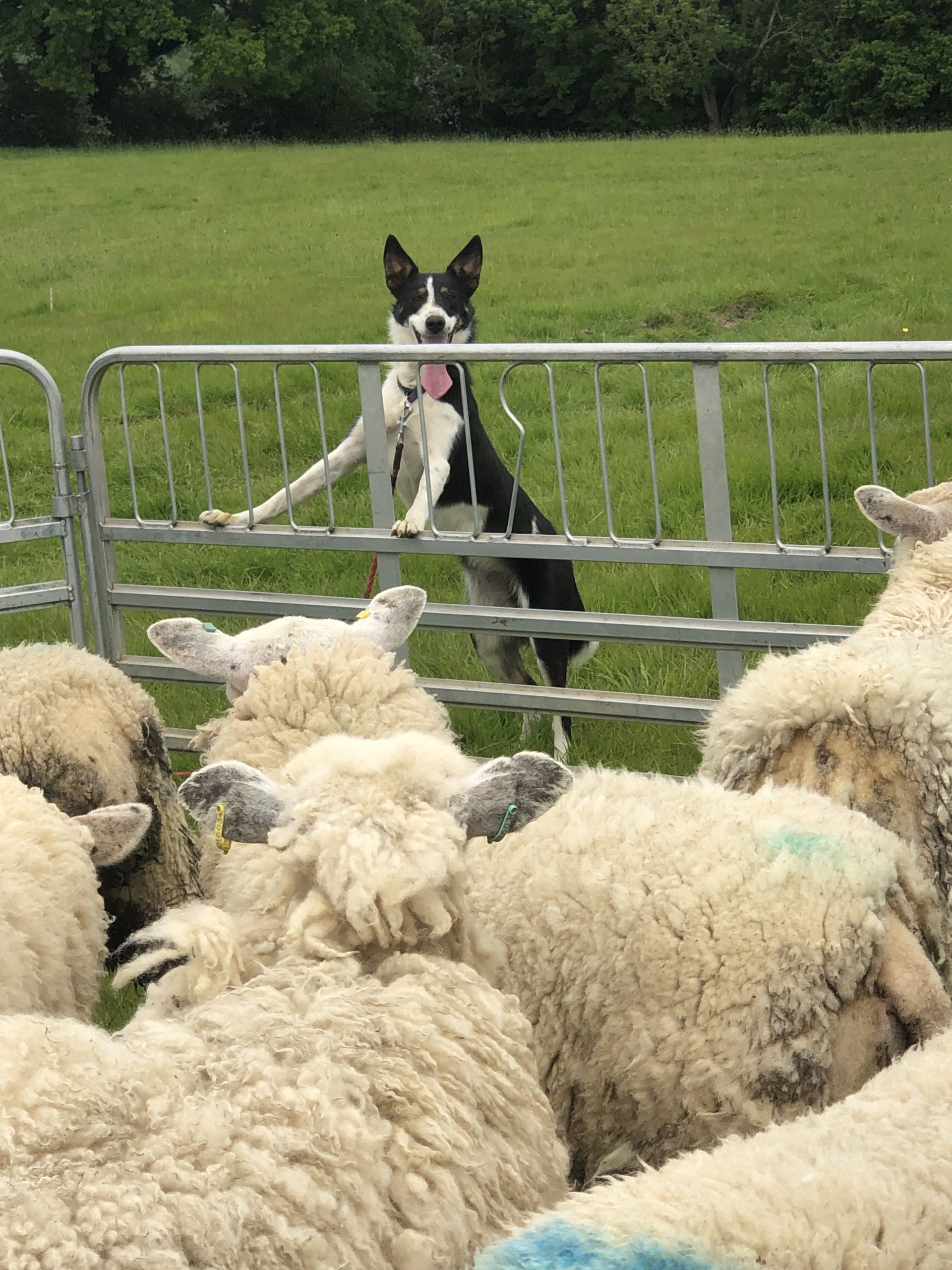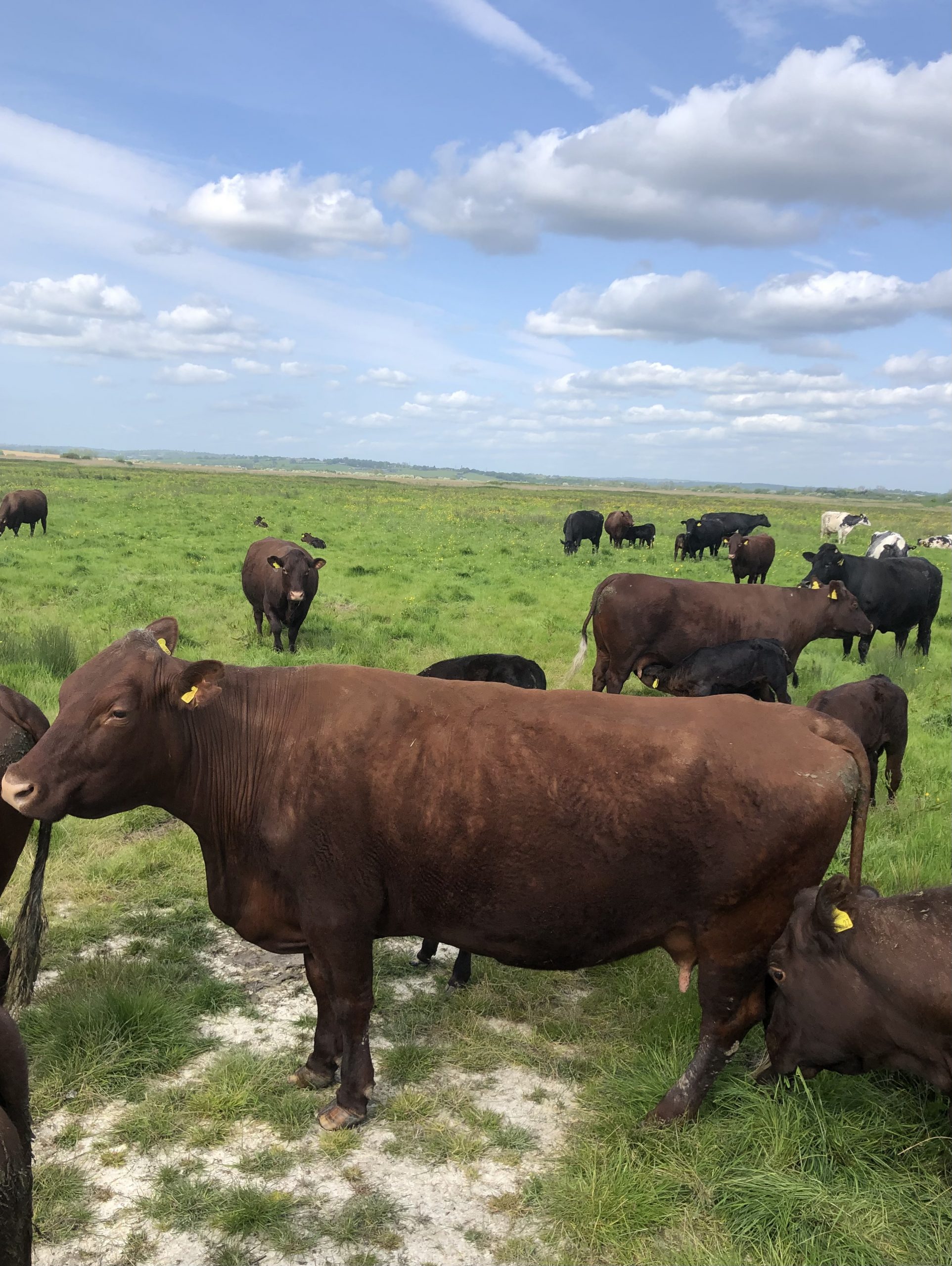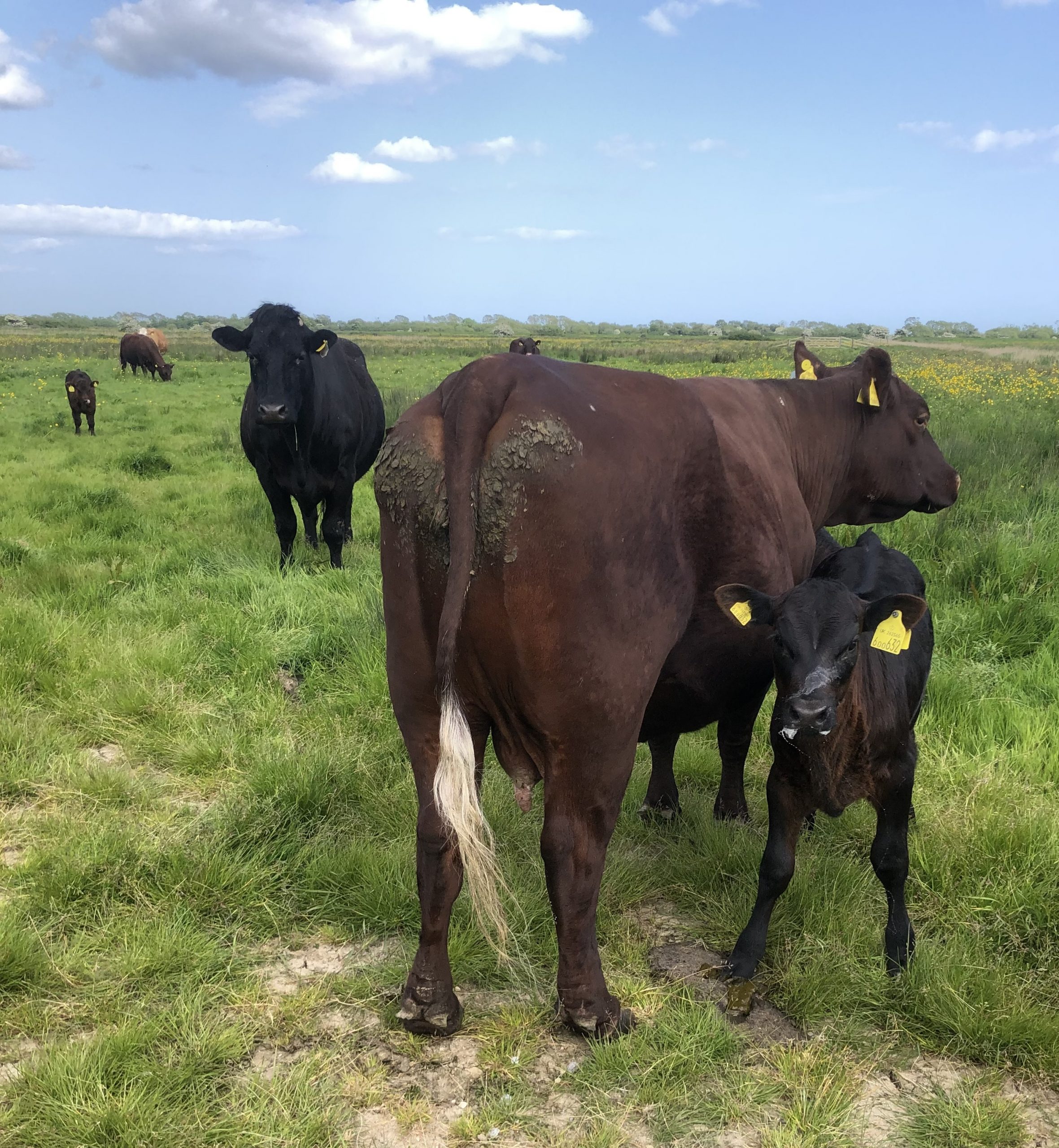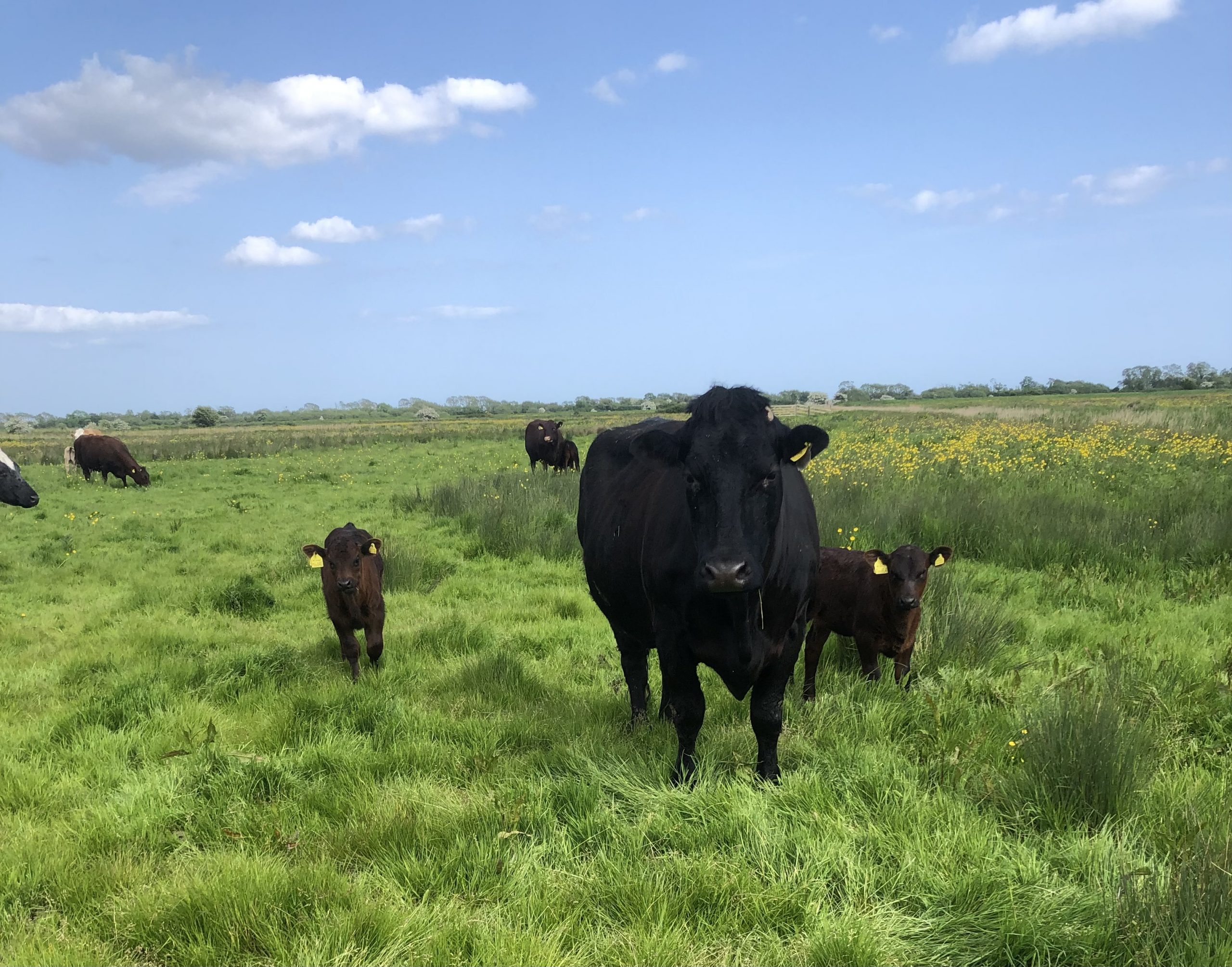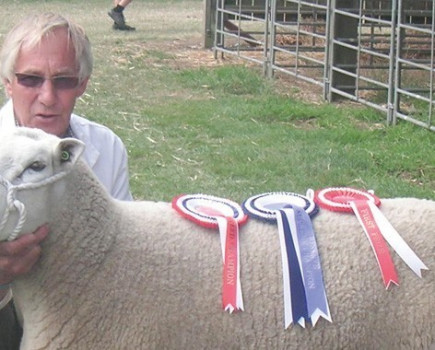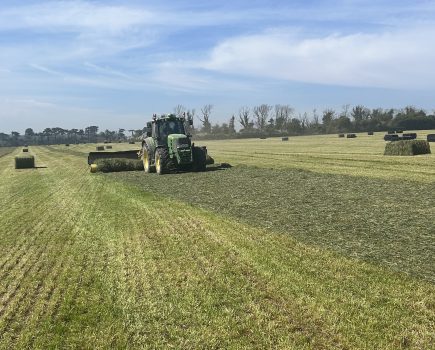I’ve tried explaining ‘weaning’ to number four, but she’s not listening. Her hearing is selective, not defective. She can hear Shrek (ATV) at a distance. She certainly doesn’t need to go to Specsavers; she sprints towards you at speeds that would rival Usain Bolt when she sees you. If you’re in a vehicle she blocks your way until you open the door, then quick as a flash she’s inside, up on the seat and demanding her feed.
She’s a great fan of the ‘food on the go’ concept. By the time I arrive at my destination, where her mates are patiently awaiting their feed, she’s downed her bottle; her constitution is unrivalled. Such a determined character. If there existed a competition for the fastest bottle-drinking lamb, my money would be on her as a winner.
In an ideal world a ewe will produce offspring, rear them and live happily ever after. I’d describe this as easycare. In reality some ewes fall short of this description, so if fostering isn’t possible I’d rather rear a lamb than see it die. However, mixing up milk, feeding, cleaning equipment etc. is time consuming, plus milk powder is expensive.
Luckily this phase doesn’t last long, and meanwhile visitors to the farm are mega-enthusiastic about the delights of feeding cute lambs. Looks can be deceiving and supervision is always required as lambs are artful creatures who can resort to ingenious methods to get more than their fair share of milk.
We’ve a handful of ewe-lambs left to lamb, the grass is growing, the sun shining and ground conditions improving. I’m counting our blessings while trying not to think about the mountain of work that needs catching up on. A Red Tractor inspection, applying fly repellant, cattle to get out, fencing, silaging and haymaking equipment to get ready, sheds to muck out, paperwork, office, house and garden all need attention. My two young sheep dogs are great company; they’ve been very tolerant but now need some serious time spent training on sheep. Empty ewe lambs are destined for this task.
I’ve felt disillusioned with the performance of last year’s lamb crop. The dry summer followed by the wet winter culminated in us having more hoggets left to sell this spring than planned. Thankfully, market prices have been uplifting for both sheep and cattle; let’s hope it stays that way. Farmers need this to offset the high input costs.
I always enjoy a trip to market, meeting up with others in our industry. I wouldn’t be surprised if the auctioneer has done some theatrical training. Last week a coach load of Belgium students arrived in market to watch proceedings in action; I hope they were well entertained.
It’s both enjoyable and satisfying turning cattle out to pasture after a winter in the shed keeping them fed, bedded down and watered. It’s a much pleasanter task checking them when they’re outside. We had better luck with calving this year, with no losses, although some calves had scours, the faecal sample showing rota and corona viruses.
We were extra vigilant about ensuring all newly born calves had their fill of colostrum. Any that developed a scour we kept hydrated by tubing with rehydion solution. Some did lose their appetites for a couple of days, which was an anxious time for us. Thankfully most recovered quickly with no after-effects; it makes seeing the herd grazing on the Pevensey levels all the more satisfying.
The UK Farm to Fork summit hosted by Rishi Sunak raised the profile of farming when it hit the news. Personally, I’m sceptical that all the hype will translate into real meaningful help for grass-roots farmers. I get the impression the Government is concentrating on ‘growing the economy’ with emphasis on big business and trade deals.
Apparently, food and drink exports bring £24 billion to the British economy. On
www.gov.uk the summit is described thus: “Discussions focused on bringing great British food to the world; building resilience and transparency; strengthening sustainability and productivity across the supply chain; and growing an innovative, skilled food and farming sector.”
A letter from Rishi Sunak to farmers reads: “If we are to stop a repeat of the shortages we saw earlier this year on our shelves, we need food security. So we have got to meet our target to continue producing 60% of the food we consume.” Farmers can be innovative and skilled, but regardless of this we need to make a profit to stay in business, a fact that appears to be incomprehensible to the powers that be.
Are farmers an easy target? It’s said that most people spend four times as much on rent as they do on food, but what is being done to make rents cheaper? Food prices are a vote catcher.
It’s great that the Government is implementing a “review of planning barriers to farm diversification” because that will save a lot of stress for those trying to improve their income via other means. I personally feel sad that many farmers are forced down this route because they find their income from producing food isn’t sustainable, and yet supermarkets are able to pay large dividends to their shareholders. Is this a fair food chain?
The summit was lacking encouragement for those supplying their local domestic market. I’d much rather see the food we produce sold locally, so that quality and traceability are accounted for, with the added benefit of less environmental impact. The government’s lack of concern about the dwindling agricultural infrastructure, such as small abattoirs, has cost implications for those trying to market their produce locally.
Apparently there will be a mobile abattoir at Groundswell this year; it will be interesting to see it and get a comparison on costs. As for the Government’s promise of cutting red tape, I see no evidence; regulations are stifling our industry.
On a lighter note, I recently attended an evening birdsong academy walkshop at Herstmonceux Castle. It was great fun and informative and we heard/saw 26 species of birds, including a barn owl hunting. I’ve now downloaded the free Merlin bird ID app onto my mobile. Some new technology is worth embracing.
Looking forward to the show season.
- This ewe has her lambs sorted
- No peace with four to look after
- Chilling in the woods
- Sorting hoggets, Mollie is keen to help
- Suckler herd on Pevensey levels

